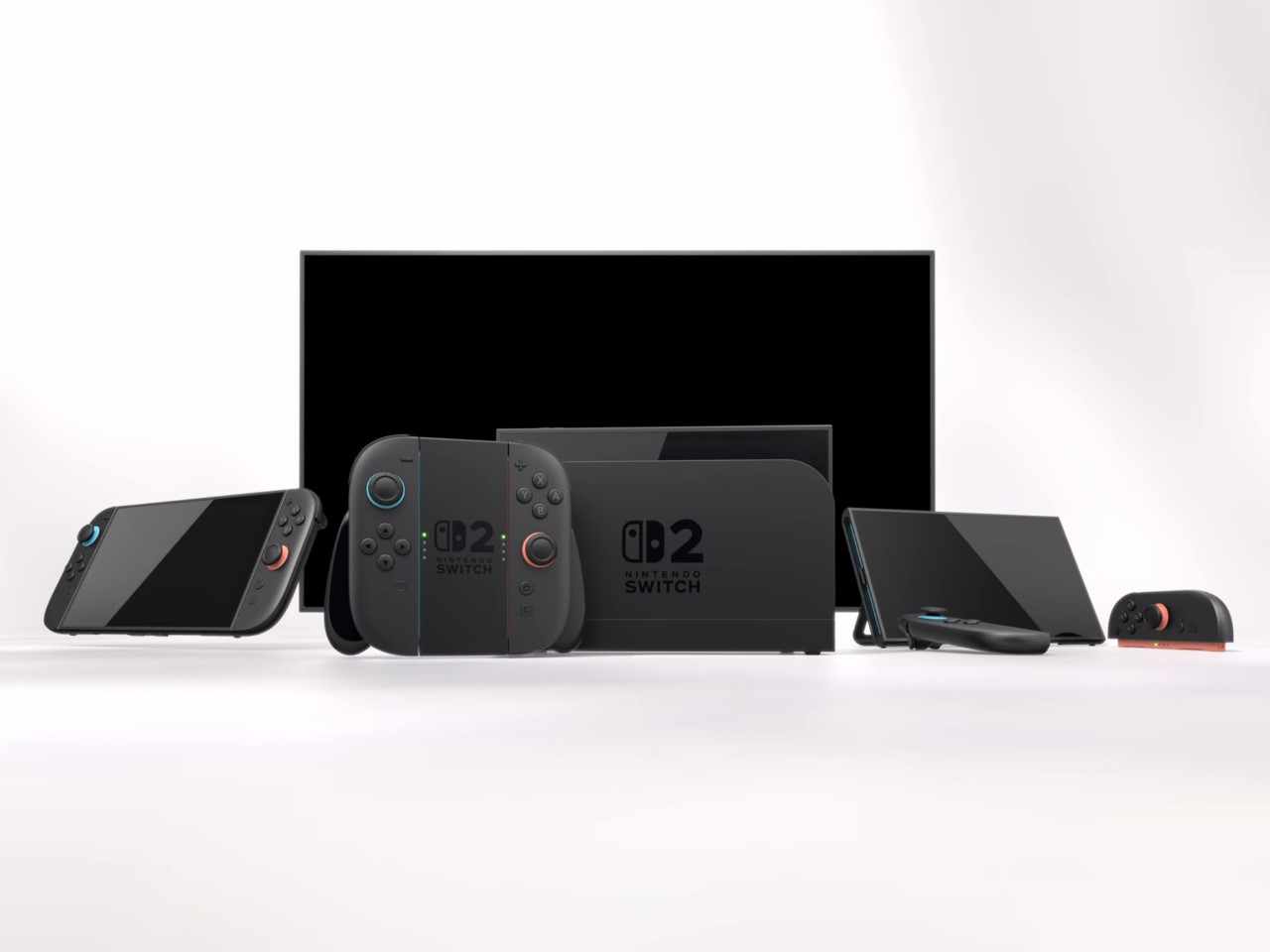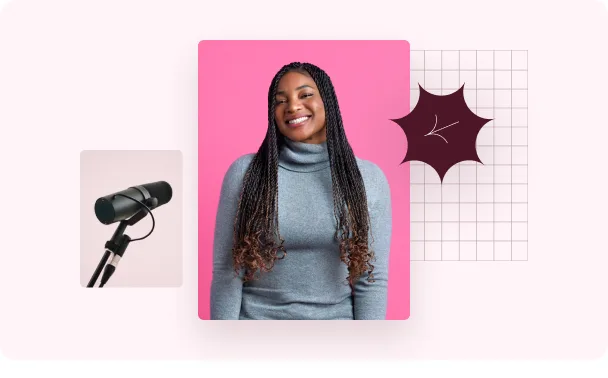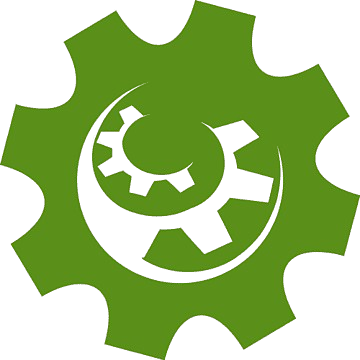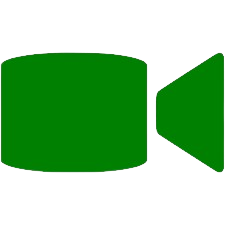Back in 2016, the original Nintendo Switch felt like a revelation. Not because it packed bleeding-edge specs or boasted VR-ready horsepower, but because it just made sense. A home console you could pull out of its dock and carry with you — it was weird, playful, and perfectly Nintendo. Nearly a decade later, today’s announcement of the Switch 2 proves that Nintendo still plays by its own rules, taking its sweet time while the rest of the industry sprints on an annual hamster wheel.
Nintendo dropped the Switch 2 reveal without a fireworks-laden event or a billion-dollar livestream. Just a quietly confident YouTube video showing off the hardware in clean, minimalist shots, motion graphics, and those now-iconic silhouetted hands. No theatrics, no overblown stage demos. Yet, within hours, the video racked up half a million views. It’s the kind of flex that only comes when you know your audience trusts you implicitly.
Designer: Nintendo
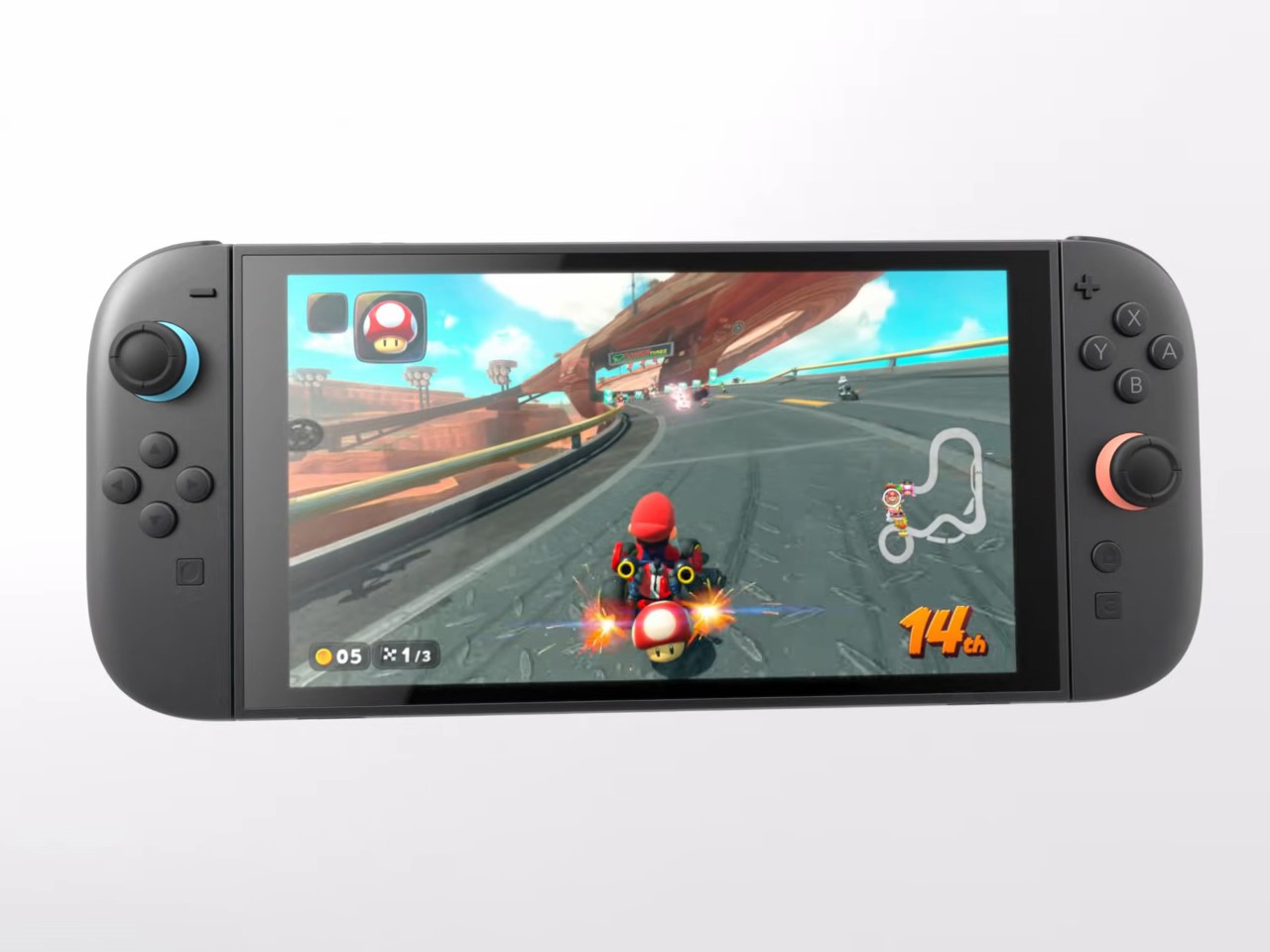

And why wouldn’t they? The original Switch, despite being underpowered compared to the PlayStation and Xbox crowd, remained sold out for nearly a year post-launch. In fact, even in 2025, it’s still thriving, buoyed by Nintendo’s near-flawless first-party catalog. Mario Kart 8 Deluxe, Breath of the Wild, Super Smash Bros. Ultimate — these games still feel fresh to new players and veterans alike. Nintendo wasn’t chasing specs back then, and it certainly isn’t now.
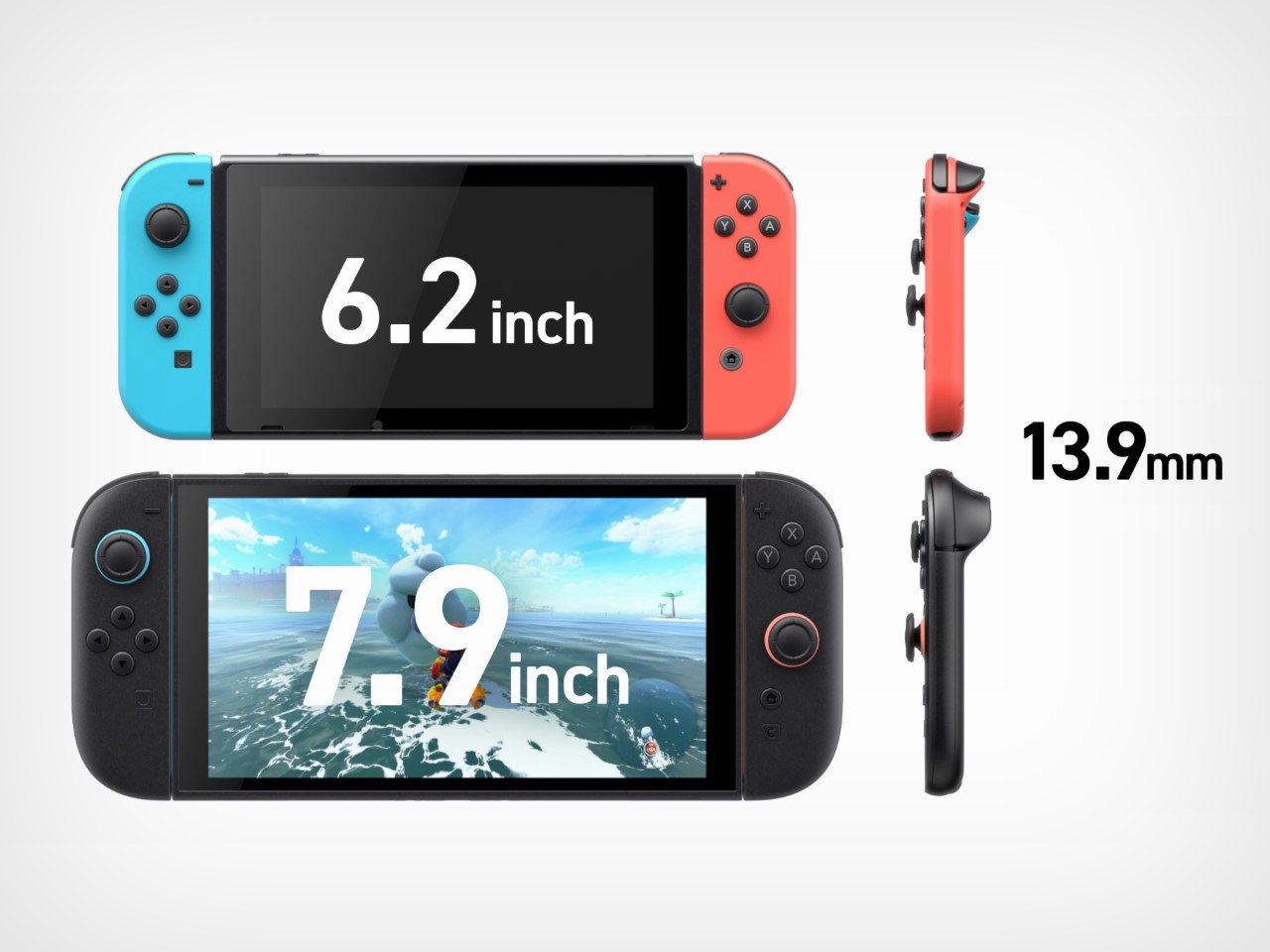

The Switch 2 does bring upgrades, but you won’t find Nintendo trying to win a teraflop arms race. The handheld now sports a 7.9-inch 1080p LCD with HDR and up to 120fps refresh rates. Dock it, and you’ll get up to 4K resolution, complete with a much-needed cooling fan to keep things stable during long sessions of Metroid Prime 4. Internally, it bumps up to 256GB of storage (though you’ll need MicroSD Express cards for expansion). Game Cards are sticking around but have been updated for faster read speeds — a quiet nod to physical media diehards.
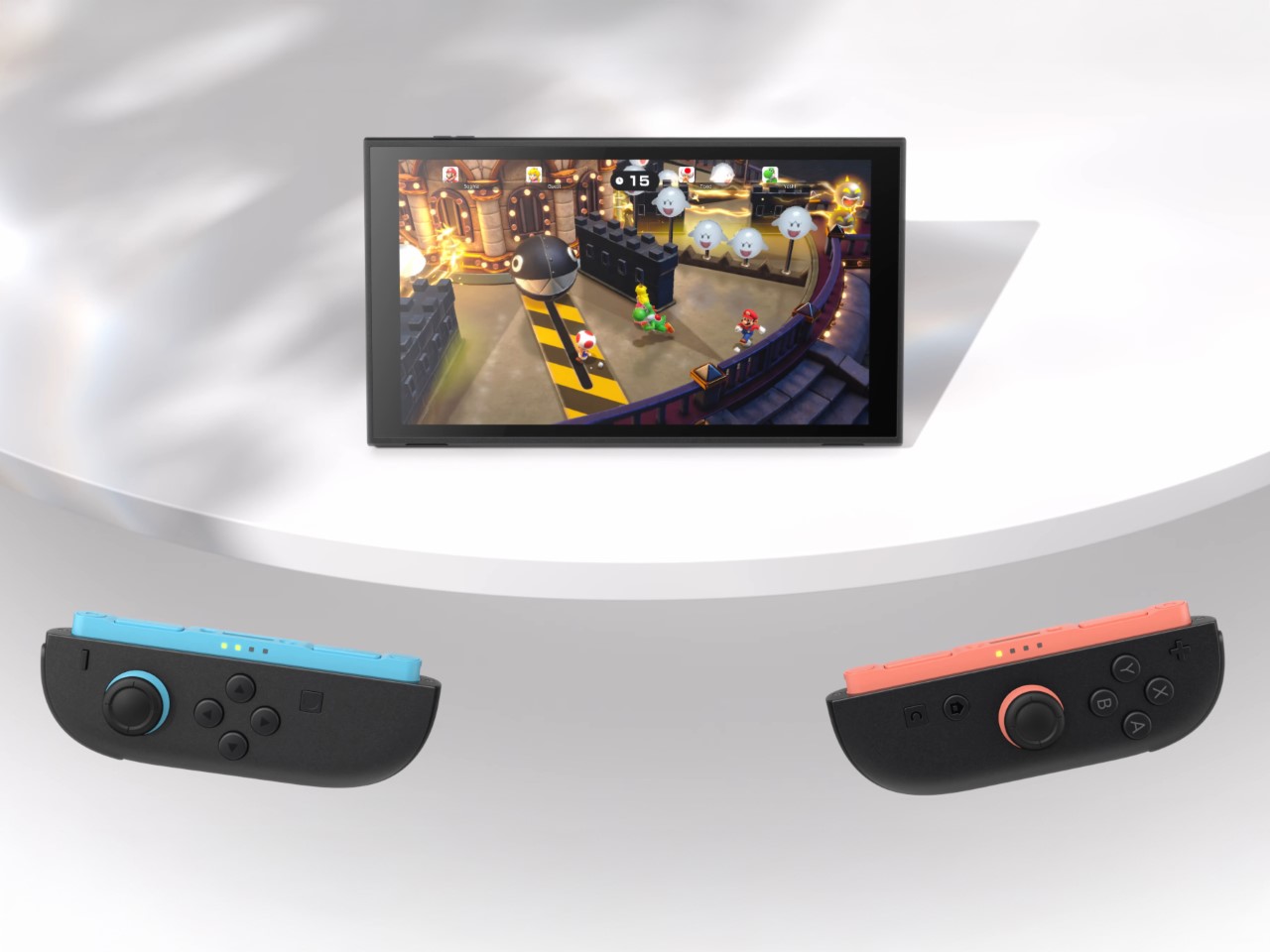

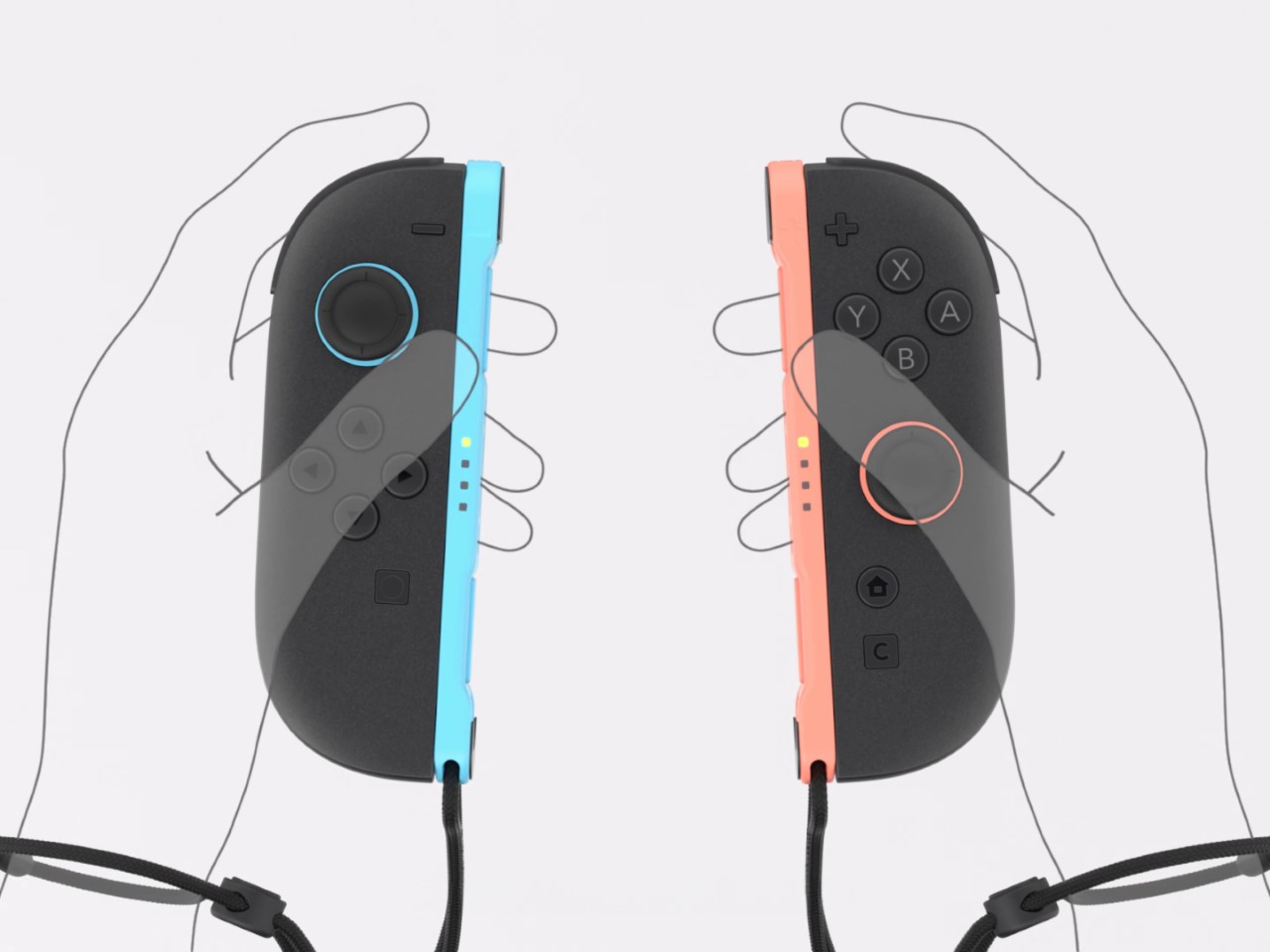

The Joy-Con controllers are bigger and more comfortable, now featuring larger shoulder buttons and a new “C button” dedicated to GameChat — Nintendo’s built-in voice chat and screen-sharing system. Yes, voice chat is finally here, native to the console, without the clunky smartphone app workaround. A microphone tucked into the top picks up voices clearly, even with background noise, and screen-sharing lets you show off your gameplay to friends in real time.
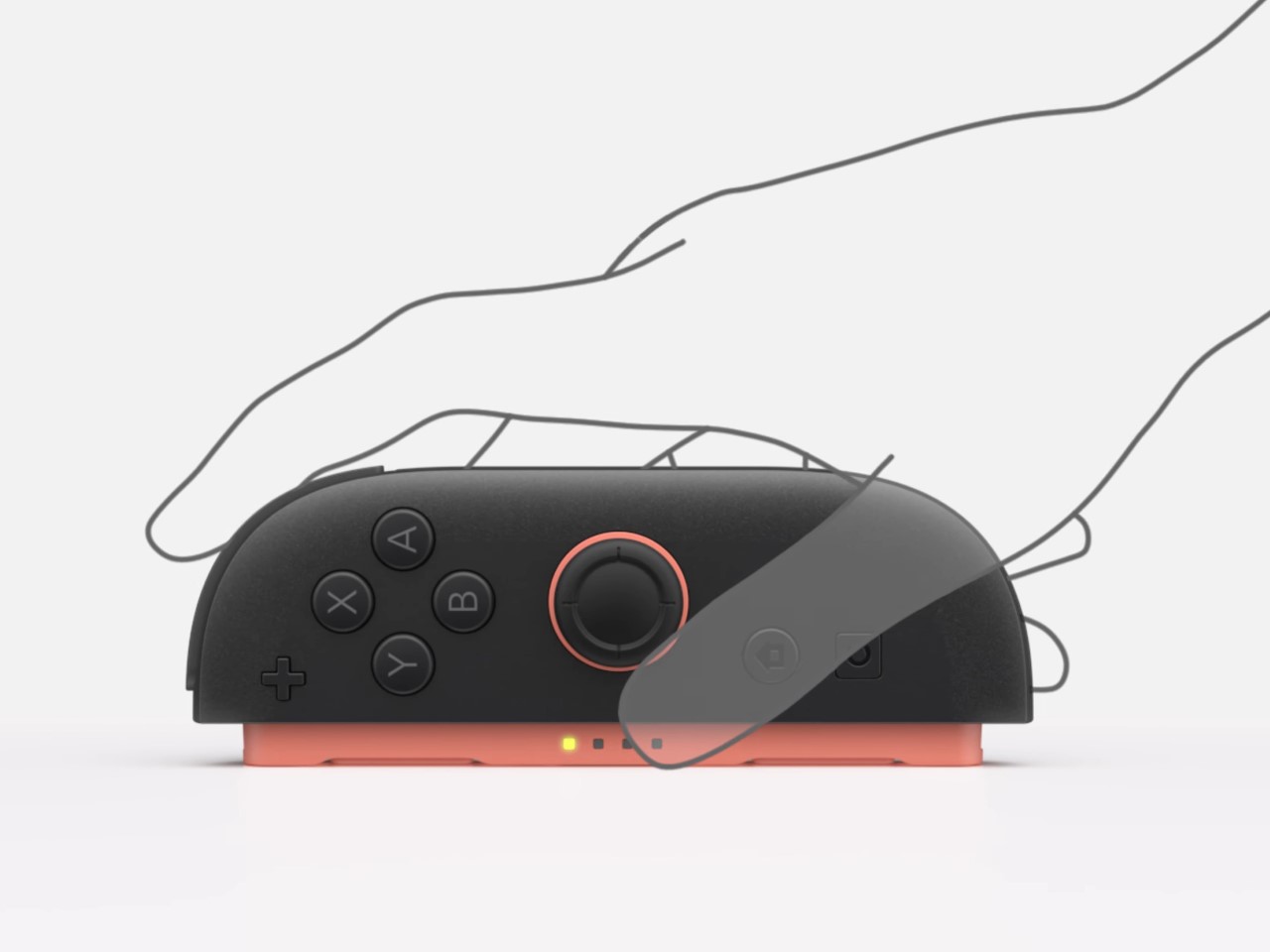

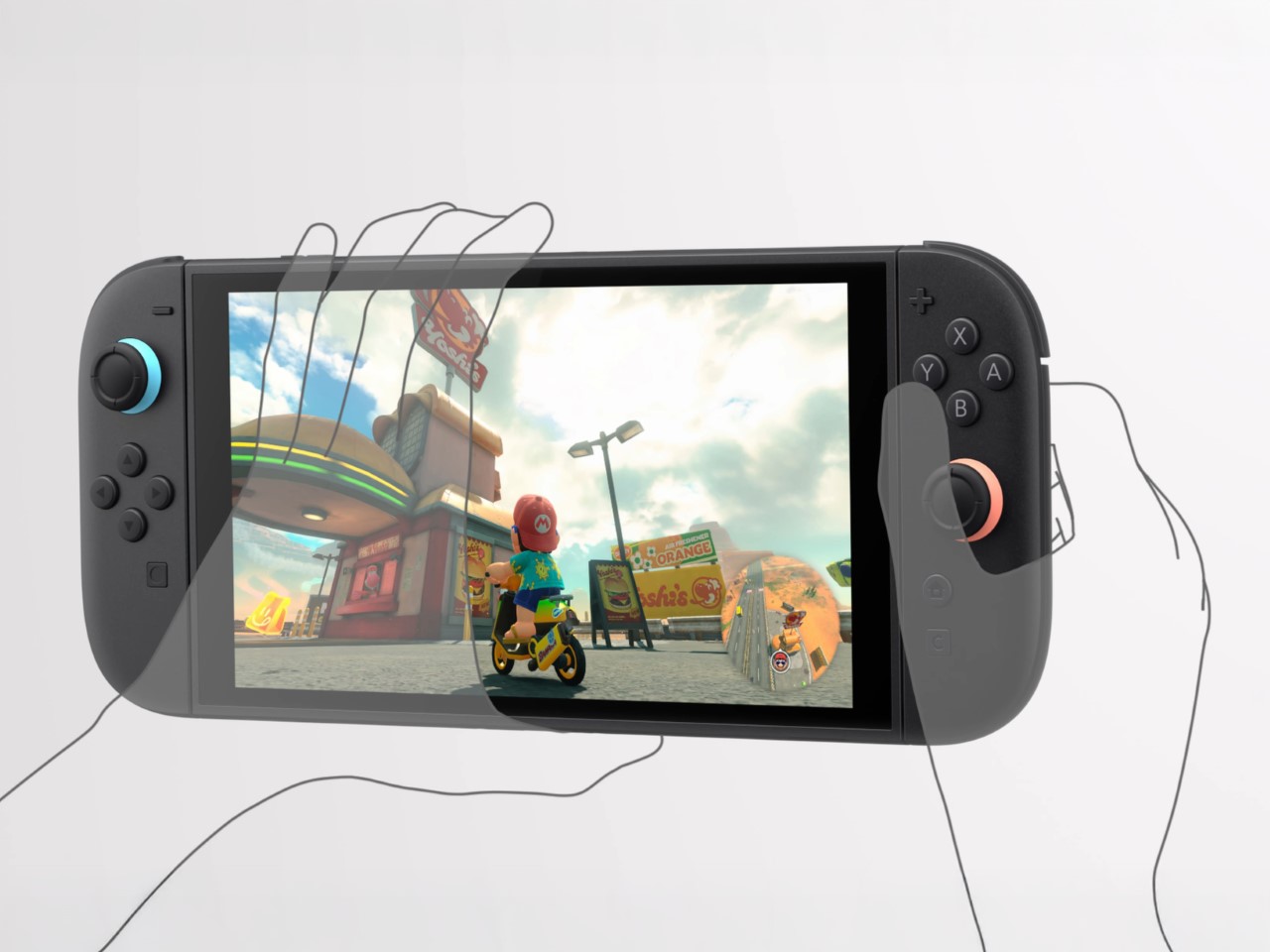

Then there’s the wildcard: mouse support. By sliding the Joy-Con along a flat surface, it doubles as a physical mouse. This mechanic already fuels new games like Drag x Drive, a Rocket League meets NBA Jam mashup that uses dual-mouse controls for surprisingly fluid movement and shooting. Even existing titles like Mario Party Jamboree and Metroid Prime 4 will take advantage of this feature, with players able to aim and interact more intuitively.
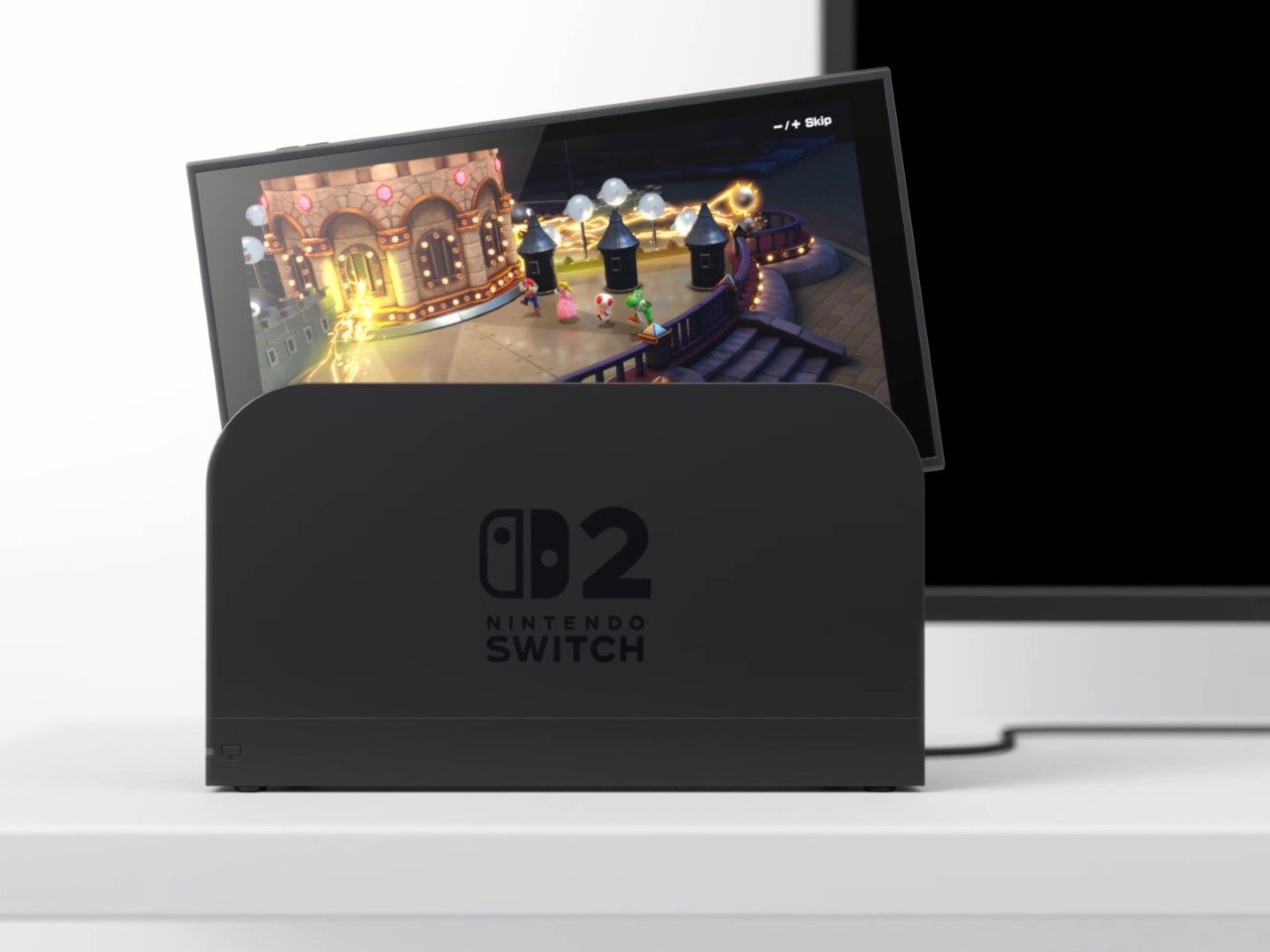

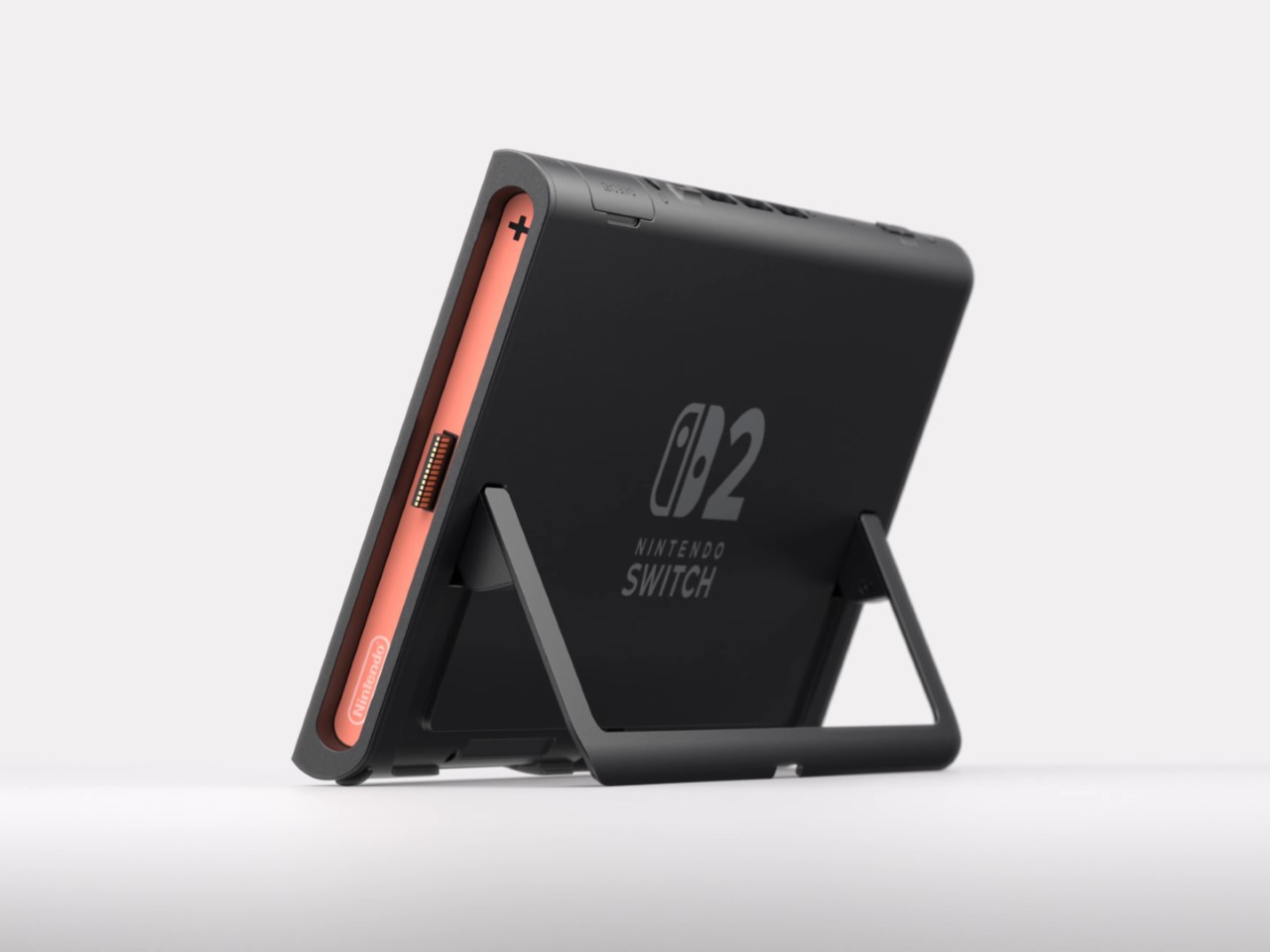

And while the visual uplift is nice — Zelda titles, for example, will get free 4K-enhanced “Switch 2 Editions” for Switch Online + Expansion Pack subscribers — it’s the longevity of software that steals the spotlight. Nintendo’s library ages like fine wine, and the Switch 2 respects that. You don’t have to repurchase everything; upgrade packs and enhanced editions are available, extending the life of beloved games without forcing you to start over.
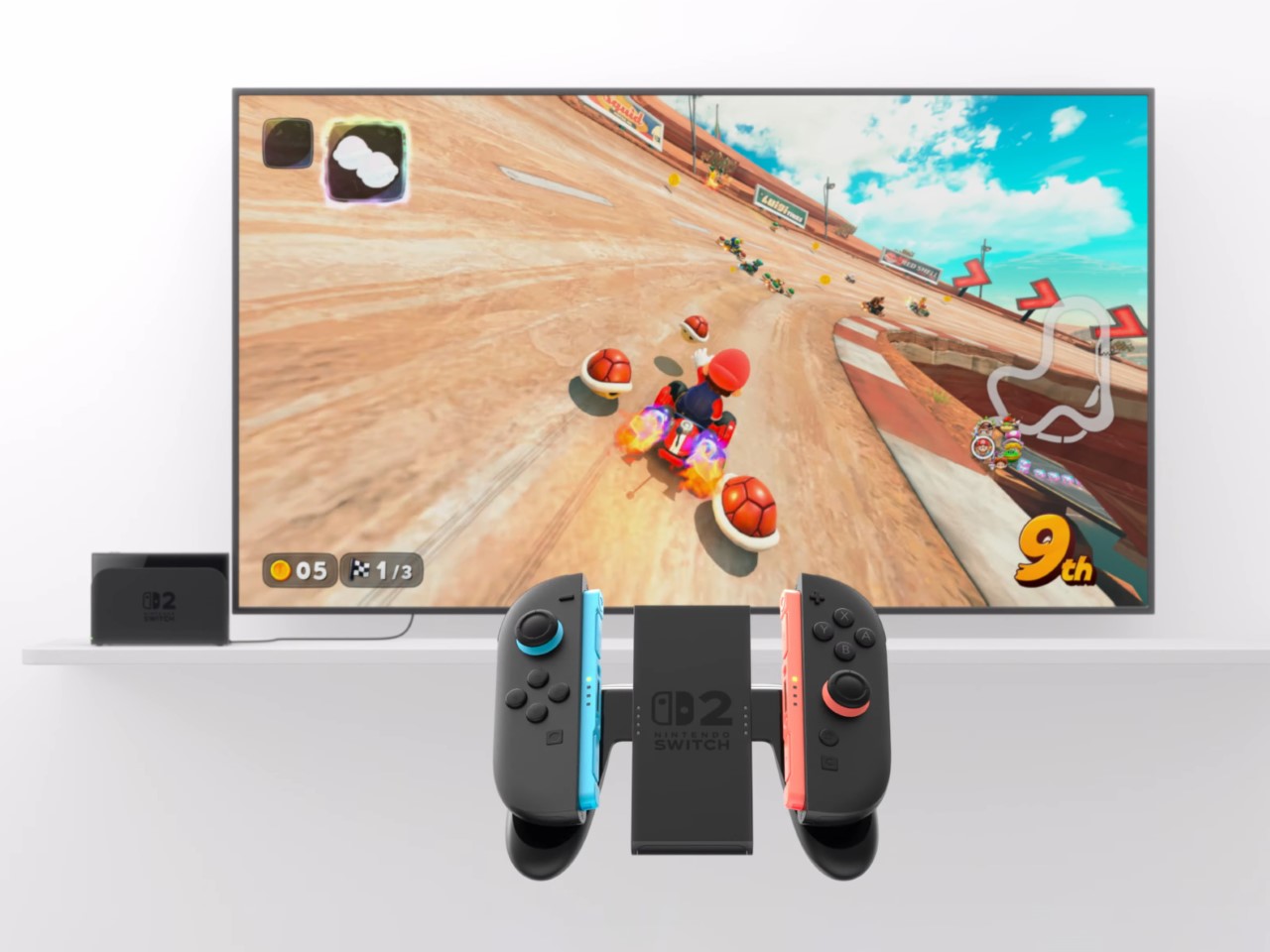

The new console isn’t arriving alone. Launching June 5th, it brings along heavy-hitters like Mario Kart World, featuring 24-player races and free-roam tracks. FromSoftware is throwing in The Duskbloods, a gothic action RPG exclusive, and even Kirby is making an open-world comeback. Plus, GameCube classics like F-Zero GX and The Wind Waker are returning, playable through the Switch 2’s online service — complete with a retro-inspired wireless GameCube controller.
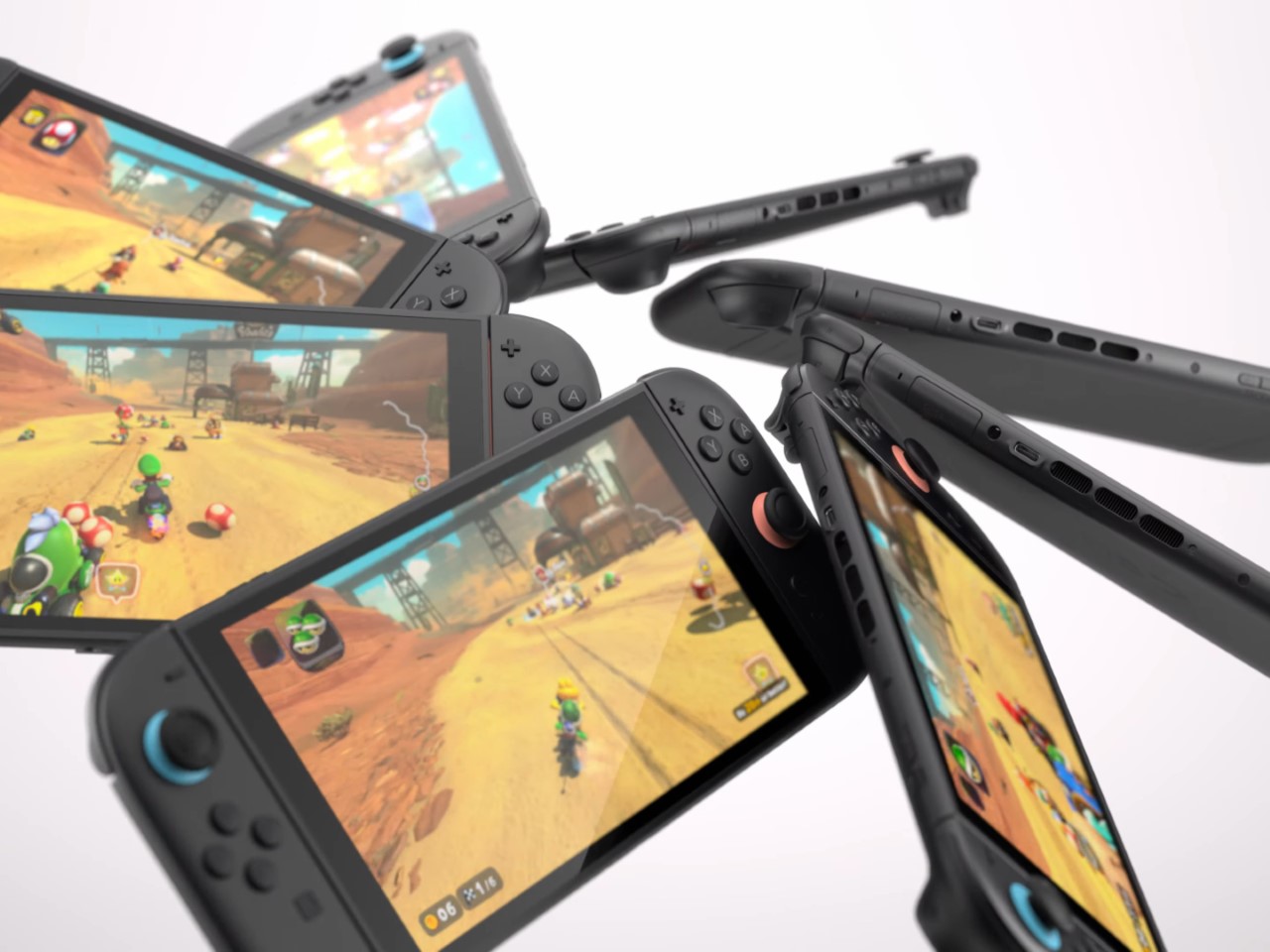

Where competitors race to push out yearly hardware iterations wrapped in billion-dollar spectacles, Nintendo is content releasing something only when it’s ready. The Switch 2 didn’t need a massive keynote or a sprawling influencer campaign. It needed a quiet confidence, a respect for players, and the kind of design that serves people, not shareholders.
